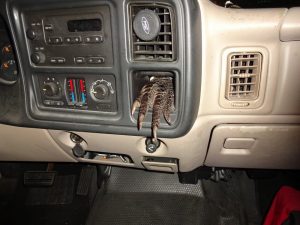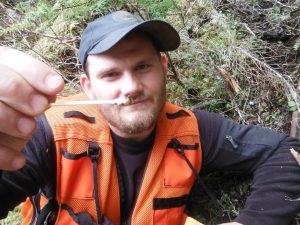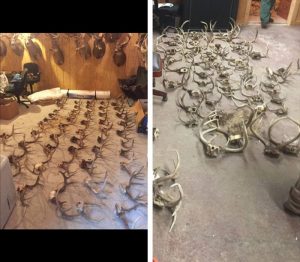In an attempt to boost the interest of hunting in West Virginia, the state’s Division of Natural Resources is aiming to recruit new hunters, retain hunters once they are active and reactivate dormant hunters of past years.
“Recruitment is reaching out and trying to develop and encourage new hunters and anglers,” Paul Johansen, the DNR’s wildlife chief told the Charleston Gazette-Mail. “Retention is keeping hunters and anglers involved in their sports and buying licenses from year to year. Reactivation is reaching out to hunters and anglers who have been active in the past but, for whatever reason, have dropped out of the hunting and fishing community.”
This new initiative is not a new concept as several state agencies are now actively engaged in was is now being referred to as “R3”. In Georgia, automatic calling systems are being used to alert hunters their licenses are about to expire, while in Nebraska, hunters receive notices via email. The state of West Virginia is looking to follow that path.
Johansen stated that direct communication with the hunting community is hugely beneficial and the state’s new electronic licensing system should aid in the process.
“For example, trout stockings are very important to a lot of our anglers. Reminding folks that waters are being stocked is a great opportunity to boost license sales,” he added.
The DNR’s current programs are among the top recruitment vehicles at the moment, but Krista Snodgrass, the DNR employee tasked with getting the R3 program off the ground, believes they could be expanded and better utilized.
“Things like our Becoming an Outdoors-Woman seminars, our Archery in the Schools program and our National Hunting and Fishing Days celebration could be taken to another level,” Snodgrass said. “Right now they’re basically weekend events. Perhaps we could expand them in a way that would allow more people to try their hand at more outdoor activities.”
Johansen believes that among all of the 3 Rs, reactivation might be the agency’s biggest hurdle.
“Sometimes when a hunter or angler stays away for a few years, it becomes difficult to bring them back,” he said. “They might have developed other interests, or perhaps there are family considerations that keep them from hunting or fishing. Let’s face it, hunting and fishing can be time-consuming activities, and people’s time is precious anymore.”
The West Virginia DNR aims to have the bulk of the R3 initiatives underway by the end of 2016 and hope that this new project will reverse some of the trends that have been costing the state hunters and anglers.




